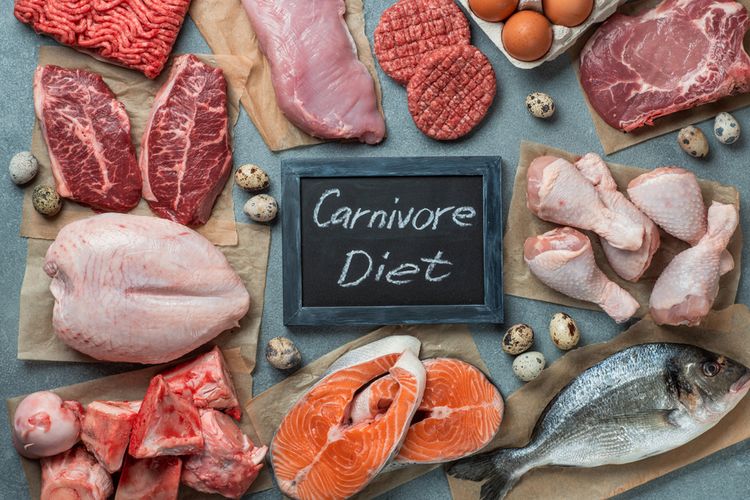The plateau phase is when your weight stops decreasing even though you are still dieting and exercising. This can be frustrating because it seems like your diet is failing. However, this is common and can be overcome with some adjustments.
Many people diet to achieve an ideal body shape and avoid diseases. Initially, there is usually significant weight loss. However, at some point, weight loss may stall even though you continue with the diet. This is called the plateau phase.
Causes of the Plateau Phase During Dieting
- Metabolic Set Point When you start dieting with a calorie deficit and exercising, your weight initially drops significantly. However, your body will eventually reach a stable point or metabolic set point, where it thinks you are stable and starts producing hunger hormones, making you feel hungrier. Factors influencing this include current weight, activity level, and genetics.
- More Efficient Calorie Burning Over time, your body becomes more efficient at burning calories. For example, at the beginning of your diet, you might burn 300 calories in 30 minutes on the treadmill. After reaching the set point, you might only burn 200 calories in the same time and activity.
Additionally, habits like consuming high-calorie drinks, stress, and lack of sleep can also hinder weight loss.
How to Overcome the Plateau Phase
If you are experiencing the plateau phase, don’t worry or stress. Here are some adjustments that can help:
- Evaluate Habits Check if you are still following the diet plan. Sometimes, after initial weight loss, people become lax with their eating habits.
- Reduce Calories Decrease calorie intake to create a calorie deficit, helping your body burn more fat. Ensure you consume at least 1,200 calories per day to prevent excessive hunger.
- Increase Exercise Duration Add more duration or intensity to your workouts. If you usually do 150 minutes of aerobic exercise per week, increase it to 200-300 minutes per week.
- Increase Physical Activity Besides formal exercise, increase your physical activities like walking or household chores to burn more calories.
- Manage Stress Stress can increase appetite and disrupt your diet. Manage stress through meditation or relaxation techniques.
- Get Enough Sleep Aim for 7-8 hours of sleep per night. Lack of sleep can lower metabolism and increase appetite.
These are some ways to overcome the plateau phase while dieting. Don’t give up, especially if you are dealing with obesity. Losing weight significantly reduces the risk of chronic diseases.
For optimal results, consult with a doctor to get diet and exercise advice tailored to your condition.
 Rasanya.com Informasi di Jari Anda
Rasanya.com Informasi di Jari Anda








